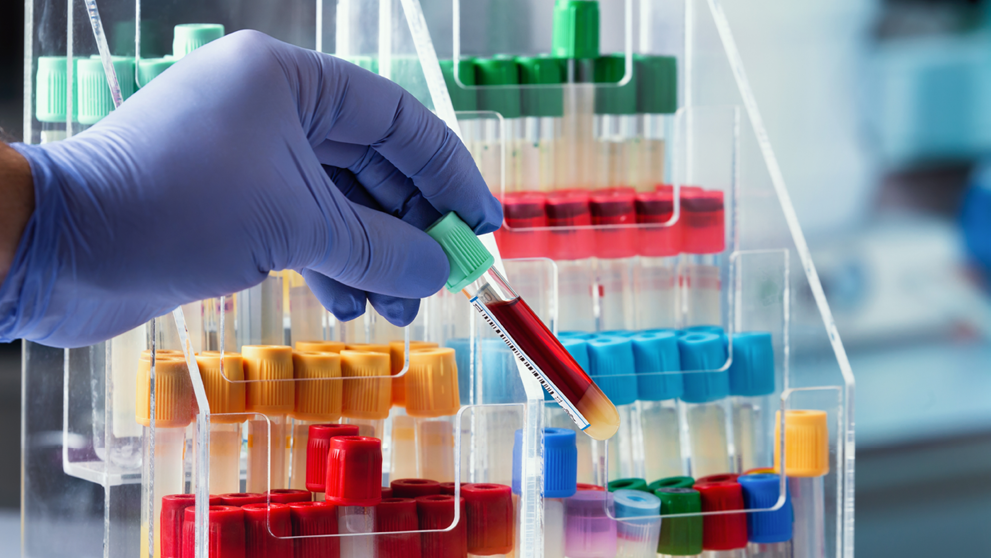
Types of biological samples and the challenges of transporting them as dangerous goods
Biological samples play a central role in medical research, diagnostics, and treatment. Their diversity ranges from blood and tissue to cells and microbial cultures. Some of these samples are classified as dangerous goods, which makes their transport particularly challenging. This article provides an overview of the different types of biological samples and the specific challenges they pose when transported as dangerous goods.
The transport rules for biological samples classified as dangerous goods differ from those defined as exempt medical/veterinary samples:
- Biological samples classified as dangerous goods*: Infectious Substances & Diagnostic Samples & Genetically Modified Microorganisms (GMOs) that contain known or suspected pathogens that may cause disease in humans or animals. These are further divided into Category A (high risk) and Category B (lower risk). These samples are considered dangerous goods due to their potential to pose a risk to health, the environment, or safety during transport.
- Exempt human/animal specimen: Diagnostic samples & genetically modified microorganisms (GMOs) may benefit from certain exemptions or exemptions from the regular dangerous goods regulations, provided they meet certain criteria, such as low risk of infection or low risk to the environment and are considered non-dangerous and subject to less stringent transport regulations.
It is important to know and comply with the relevant regulations and requirements for the transport of these samples to ensure safe and compliant transportation. The transport of biological samples classified as dangerous goods requires strict safety measures and compliance with international and national regulations. Challenges include:
- Packaging and labeling: Special packaging requirements and correct labeling are required to prevent leakage and ensure safe transportation.
- Temperature control: Many biological samples must be transported under controlled temperature conditions to maintain their integrity.
- Regulatory compliance: Companies that want to ship dangerous goods must ensure that their employees are trained in accordance with applicable regulations. The International Air Transport Association (IATA) for air transport and the European Agreement concerning the International Carriage of Dangerous Goods by Road (ADR) are two important sets of regulations that set specific requirements for the transport of dangerous goods. Training in these areas is critical to ensure compliance and maximize safety in the transportation process.
Transporting biological samples, especially when classified as dangerous goods, poses a significant logistical and regulatory challenge. It is important that shippers understand the accurate classification of their samples and comply with all relevant regulations for their safe and compliant transport.
DHL Express has extensive expertise in transporting samples, as a detailed understanding of the different types of samples and the associated safety requirements is crucial to ensure their safe and efficient transport.
*Types of biological samples include: (A) human and animal samples: These include blood, tissues, cells and other body fluids collected for diagnostic, therapeutic or research purposes, (b) microbiological cultures: These include bacteria, viruses, fungi and other microorganisms used in research and diagnosis of infectious diseases, (c) genetic material: DNA and RNA samples extracted from various sources are critical for genetic research, diagnostics and the development of therapies, (d) biological reagents: substances used in biological experiments, including enzymes, antibodies and other biomolecules.










